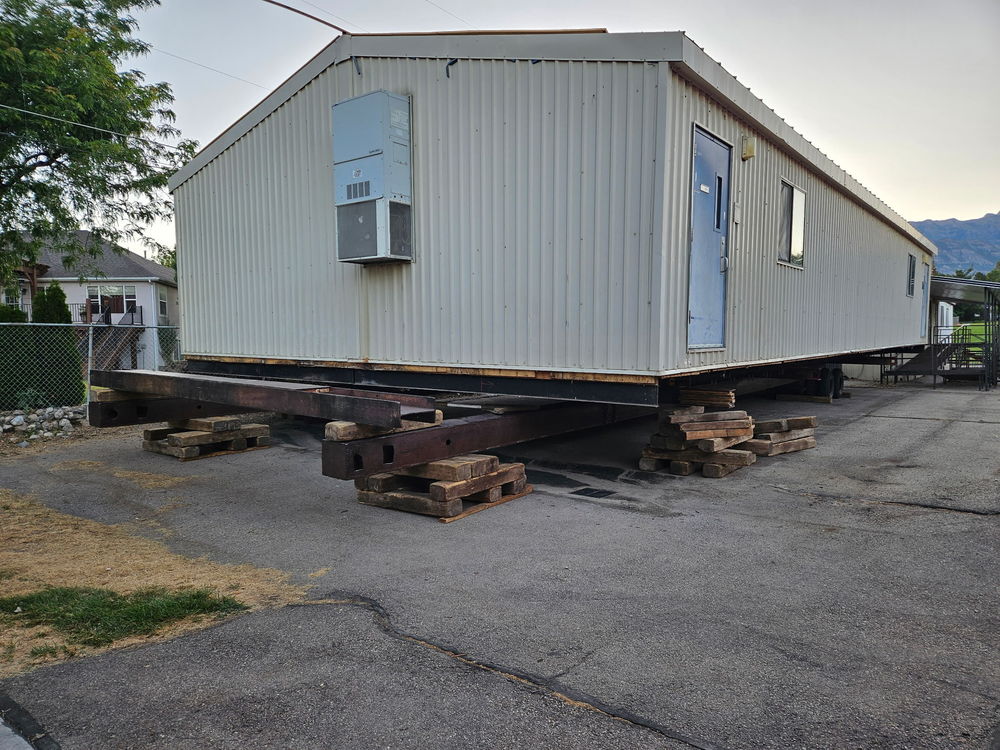When the final bell rang on the last day of school, Shelley Elementary erupted in a chorus of
laughter, cheers, and slamming doors. Kids spilled out of the building like popcorn bursting from
a pot, running into the golden afternoon light of summer vacation.
Left behind in the stillness was Trailer 42 — old, creaky, and forgotten. Nestled at the North
edge of the school yard, it had been the overflow classroom for years, a home to rainy-day art
projects and quiet reading groups. Now, it stood empty, its windows shuttered and its door
locked.
But something was different this summer.
For years, Trailer 42 had dreamed. It had listened to students talk about their road trips, their
hikes in the mountains, beach vacations, and wild stories from across the country. With every
tale, it longed more and more to see the world beyond the playground fence.
One evening, as the sun dipped below the treetops and birds danced through the air, a sudden
summer breeze stirred through the lot. Trailer 42, now completely alone, felt its rusty axles groan
and shift. With a soft clunk, its wheels—long ignored—released. The breeze turned into a gust,
and Trailer 42 began to roll.
Slowly at first, then with purpose.
It bumped down the grass path, passed through the open parking lot, and followed the quiet road
out of town. No one saw it go.
Over the next weeks, Trailer 42 wandered through the countryside. It parked beneath the stars in
an open field, watched fireworks from a hilltop on the Fourth of July, and rested beside a sleepy
lake where dragonflies danced in the morning sun. Children waved at it from porches. Farmers
blinked in confusion as it rolled past their barns. At one point, it even joined a parade by
accident, rolling between the high school marching band and a float shaped like a strawberry.
But as July faded into August, the excitement began to wear thin. Trailer 42 missed the sound of
crayons scratching paper, the chatter of students, the smell of glue sticks and pencil shavings. It
wasn’t the places that mattered — it was the people inside it.
On a warm August morning, with school just weeks away, Trailer 42 found itself approaching a
small town it had never seen before. At the edge of the town stood a modest school — Lehi High
School — with a muddy field behind it and a big sign out front that read “Welcome Back Soon!”
The school didn’t have enough classrooms. A sign on the office window read: “In need of
temporary space.”
Trailer 42 rolled up quietly and settled in the back corner of the field.
When the teachers returned to prepare for the school year, they found it sitting there like it had
always belonged. The principal scratched his head. “Did we order a trailer?”
“No,” someone said, “but… it’s perfect.”
That fall, Trailer 42 was filled with new classes, new voices, and new laughter. The kids didn’t
know where it came from — but inside, it still smelled faintly of lake water and parade candy.
And though it never moved again, every summer, when the school emptied out, Trailer 42 would
creak a little in the breeze — remembering the roads it traveled, and knowing it had found the
right place to stay.

